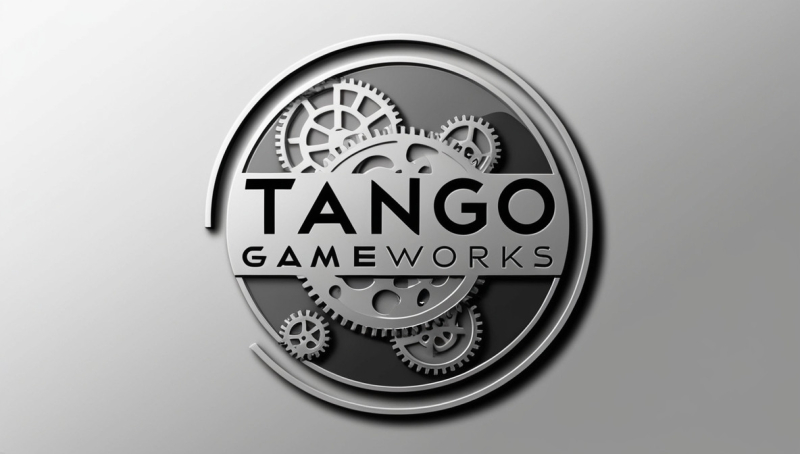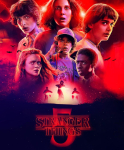Shinji Mikami's Exit and the New Era of Tango Gameworks
September 07, 2024

The gaming world is never static, frequently punctuated by sudden changes and dramatic headlines. A compelling case in point is the recent upheaval at Tango Gameworks, a saga that reflects the unpredictable nature of the industry. Earlier in June, the community was abuzz with the news that Microsoft intended to shutter the acclaimed studio. This decision was poised to be a significant shock to the gaming landscape. However, in an unexpected twist, South Korean publishing giant Krafton intervened, acquiring Tango Gameworks and thereby ensuring the studio's survival and future contributions to gaming.
The acquisition by Krafton has been a beacon of hope for the studio's revival. Krafton's intervention is set to bring about fifty former employees back to the fold, hinting at a promising renaissance for the developer known for its creative fervor. This move not only salvages jobs but also preserves the studio’s potential to innovate and entertain. The gaming community and industry insiders are keenly watching this transition, speculating on how Tango's creative direction will evolve under its new ownership.
Shinji Mikami, the founder and creative soul of Tango Gameworks, has been particularly vocal about the circumstances surrounding the studio's near closure. Known for iconic games like Hi-Fi Rush, Mikami had felt a sense of security in the studio’s prospects as long as it continued to deliver compelling games.
His decision to leave was influenced by this confidence, making the news of the shutdown all the more surprising. Mikami’s exit, however, was also driven by a desire to explore beyond the horror genre that had come to define his career. He envisioned his departure as an opportunity to make room for emerging talents to rise and make their mark in the industry.
The future of Tango Gameworks under Krafton's guidance is laden with potential yet shrouded in uncertainty. Both fans and critics are keenly anticipating what innovative games the rejuvenated team will develop next. Questions linger about the types of projects that will emerge, the creative directions they might take, and the timelines for new releases. The anticipation is palpable, with the community awaiting each announcement with bated breath.
In acquiring Tango Gameworks, Krafton has also managed to secure rights to the popular game Hi-Fi Rush, which represents a significant victory for the publisher. However, it’s not all smooth sailing; Krafton did not obtain rights to some of Tango's other well-known titles, such as The Evil Within and Ghostwire: Tokyo, which remain under Microsoft's control. This delineation of rights could lead to interesting dynamics in future game developments and releases.
As these events unfold, the broader gaming community continues to keep a close eye on Tango Gameworks. The studio’s journey—from facing existential threat under Microsoft to finding a new lease on life with Krafton—illustrates the ever-evolving landscape of the gaming industry, filled with both challenges and opportunities.








Leave a comment
Your comment is awaiting moderation. We save your draft here
0 Comments